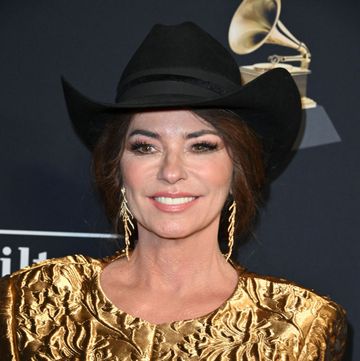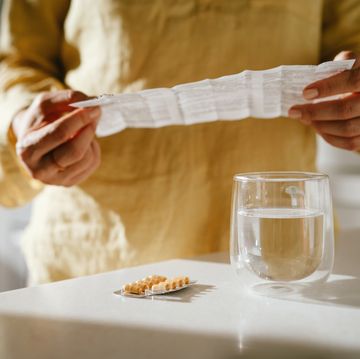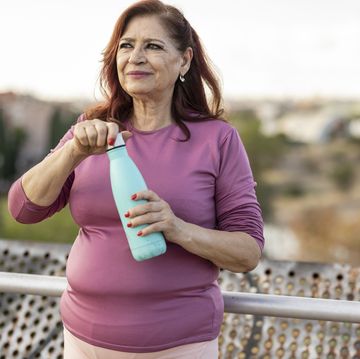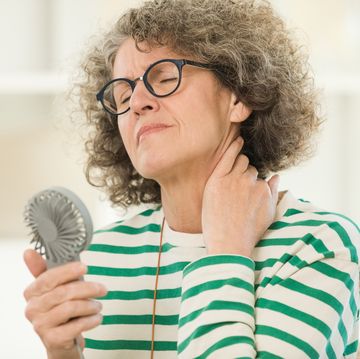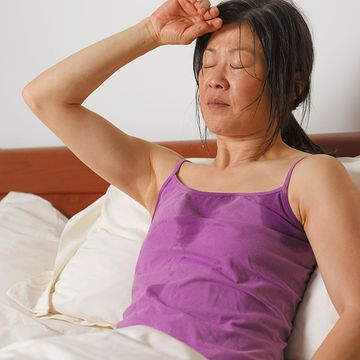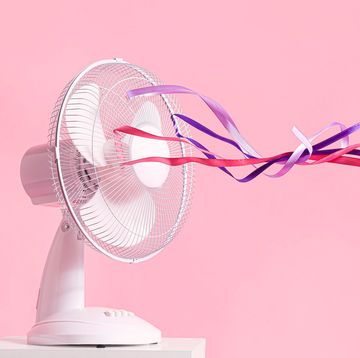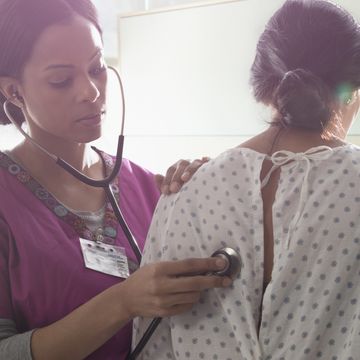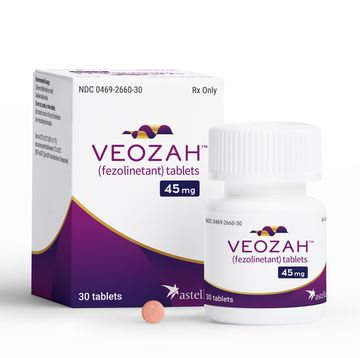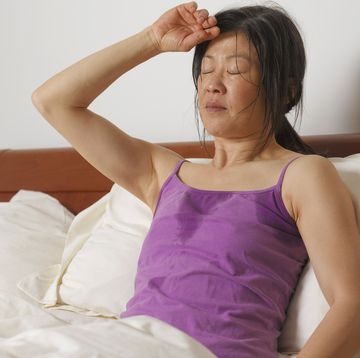- Gabrielle Union shared the perimenopause symptom that caused her the most grief.
- She experienced hair loss as a result of the hormonal changes.
- “All of it can feel very isolating and you can feel like less of a woman,” she said.
Hot flashes, mood swings, and night sweats are all semi-well-known symptoms of menopause and perimenopause. But hair loss is one that some people may not expect, which explains why Gabrielle Union felt “isolated” when the hormonal changes started affecting her tresses.
The now 51-year-old hit perimenopause—the beginning of the menopausal transition—at 37, an age at which she never expected it to begin. “I was just like, not me. I just left the club. That’s like an old woman thing,” she told People.
Still, the changes came, and of all she fielded, hair loss was her biggest struggle, she said. “All of it can feel very isolating and you can feel like less of a woman, especially as a Black woman where our hair is our crown,” she explained. “There’s literally the CROWN Act and I’m like, uh, my crown looks more like a barrette at this moment.”
Although the thinning came as a surprise, and likely would to many, a 2022 study found that over half of postmenopausal women will experience hair loss of some kind.
In addition to that, Union also experienced the stereotypical menopause symptoms. “It was the hot flashes, the night sweats that could happen at any time of day, brain fog, mood changes, ongoing sadness, anxiety that felt more like terror, hair loss, and then random weight gain,” she explained. “That’s when it really hit home for me.” In the past, she has opened up about those symptoms resulting in a brief case of suicidal thoughts, but her history with therapy and supportive family helped her overcome those thoughts.
“You just feel defective, right?” she continued. “You could be short with people, you could be super irritable, you could be just really sad ... It’s very easy to write off women of a certain age as you’re just a b*tch, you’re just bitter, you’re just whatever. And you can start isolating. And the more you are isolated, the less people are able to track any sort of changes and it’s very easy to go deeper into darkness.”
Thankfully, Union is now in a place where her symptoms feel managed, partially thanks to an anti-inflammatory diet, which was recommended by a hormone specialist, she said. The eating plan limits gluten, dairy, caffeine, and alcohol.
“It’s really changed everything,” she said. “I didn’t want it to be true because I love all the things. I love cinnamon rolls and real butter, lard, like a lot. So it’s been a journey. And there’s days I backslide, and when I backslide, especially around vacation, [my symptoms are] going to come right back.”
By sharing her experience, the Bring It On star hopes to empower other women to seek help. “There are solutions,” she said. “The more we talk about it, the more we are in community with one another, the more we share resources, we’re all literally in this together. It’s coming for everybody. So let’s get prepared.”
If you or someone you know is at risk, call the National Suicide Prevention Lifeline at 1-800-273-TALK (8255) or text HOME to 741741 to message a trained crisis counselor from the Crisis Text Line for free.

Kayla Blanton is a freelance writer-editor who covers health, nutrition, and lifestyle topics for various publications including Prevention, Everyday Health, SELF, People, and more. She’s always open to conversations about fueling up with flavorful dishes, busting beauty standards, and finding new, gentle ways to care for our bodies. She earned a bachelor’s degree in journalism from Ohio University with specializations in women, gender, and sexuality studies and public health, and is a born-and-raised midwesterner living in Cincinnati, Ohio with her husband and two spoiled kitties.

